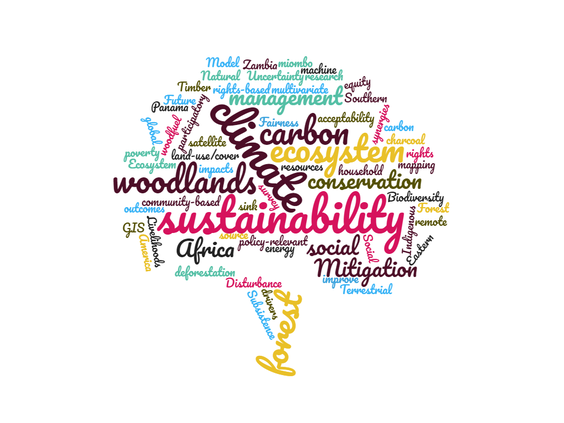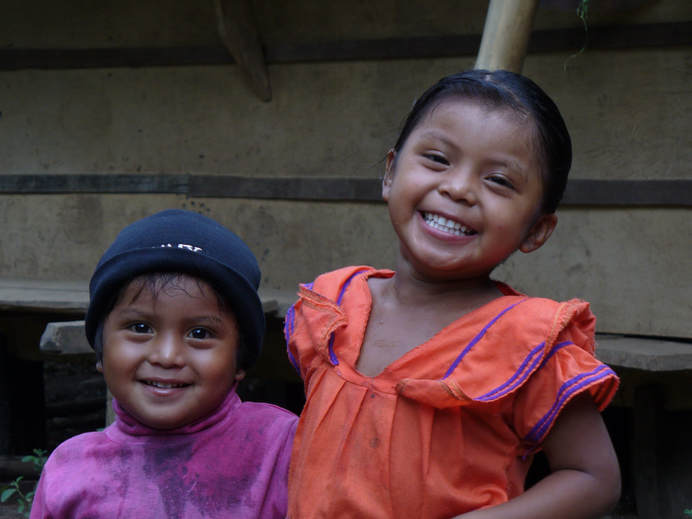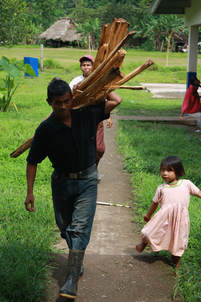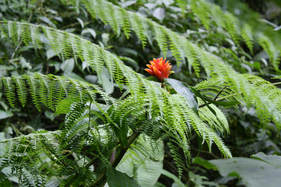About me PhD McGill University and Smithsonian Tropical Research Institute
B.Sc. Université du Québec à Montréal I am a quantitative ecologist working on forests and woodlands in the context of global change, interested in role of human activities on woody ecosystems and its link to climate change. I am currently working for the CGIAR Standing Panel on Impact Assessment, using remote sensing to evaluate the impacts of innovations in agriculture and natural resource management in Africa and Asia. Previously, I was a TNC-Cornell postdoctoral fellow at the Atkinson Center for Sustainability at Cornell University, sitting in the Department of Applied Economics and Management at Cornell and collaborating with The Nature Conservancy. I also worked on a NASA SERVIR project for Eastern and Southern Africa and on the REDD+ pilot project in the Democratic Republic of Congo at the Woods Hole Research Center. I obtained my PhD at McGill University (Canada) and with the Smithsonian Tropical Research Institute (Panama). I conduct my research in the Eastern and Southern Africa region as well as Latin America.
You are welcome to reach out to me by email.
email: johannepelletier[at]gmail.com |
Focus
Forests are undergoing changes around the world, and especially in the tropics. Human activities are putting increasing pressure on forest ecosystems of our planet, causing global changes and threatening biodiversity as well as ecosystem structure and functions. In other areas, forests are also expanding due to agricultural land abandonment, management or to global drivers.
The overarching goal of my research is:
The overarching goal of my research is:
Understanding of the effects of human activities on terrestrial woody ecosystems through land-cover change, with the goal of mitigating climate change, sustaining ecosystem services and improving the livelihoods of forest dependent people.
|
I focus my research efforts on three main objectives:
(1) Reducing uncertainty in carbon emissions and removals from land-use/cover change and other human activities. (2) Understanding drivers of change in biodiversity and ecosystem functions due to ecological and anthropogenic factors in different forests and woodlands. (3) Providing evidence-based policy and management strategies to conserve forest and improve livelihoods. My work is relevant to human-environment science and can be described as policy relevant, multidisciplinary, and participatory. I use basic and applied scientific knowledge to inform environmental policy making a link across scales from forest users to policy makers and from trees to landscapes. By testing policy scenarios or approaches and evaluating existing or potential conservation strategies,
my research is oriented toward providing policy-relevant information and evidence to support decision-making in tropical countries. |
Comarca Ngabe-Bugle, Bosque Protector de Palo Seco, Panama
|





